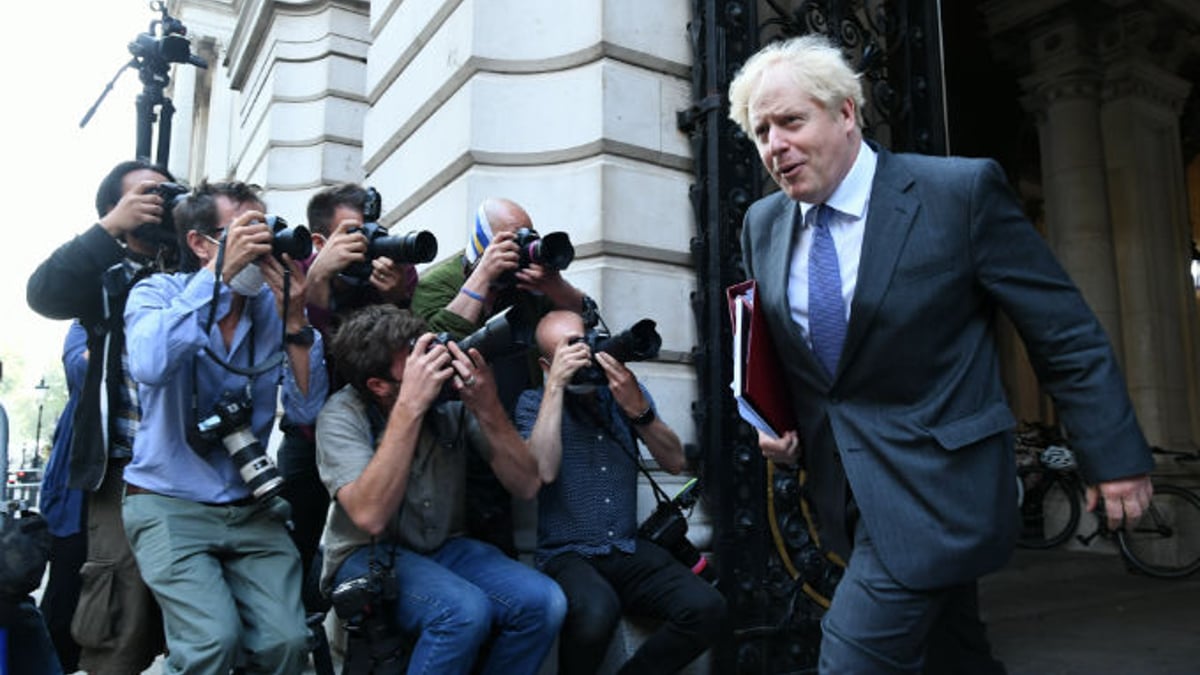Brexit Betting Odds Swing Towards Late Deal With EU

The UK is on the verge of a trade deal with the EU that would wrap up Brexit negotiations after more than four years of wrangling, according to the political betting sites.
Trade talks between the UK and EU have been ongoing since the Brexit referendum result in 2016 rocked European politics – and a deadline of January 1, 2021 is looming.
Should no agreement be reached then the UK’s trade relationship with the continental bloc would default onto World Trade Organisation terms and trigger tariffs on imports and exports, unless a Brexit extension can be agreed.
There are a handful of sticking points that negotiating teams on both sides have grappled with in recent months, which include fisheries, access to the common market and state aid.
A phone call between prime minister Boris Johnson and European Commission President Ursula von der Leyen failed to break the deadlock at the start of December, with the pair set to hold further discussions.
Below, Gambling.com looks at the chances of both Deal and No Deal outcomes being reached.
Brexit Deal – 4/7
The odds on a Deal between the UK and EU being signed off by the New Year have plummeted in recent days, as talks intensity with just a few weeks of the transition period remaining.
Around 60% of all Brexit bets have backed a Deal, which plunged the odds in to 2/1 after Johnson’s first phone call with Von der Leyen.

Since then the odds have widened slightly but the general consensus remains that both sides can meet in the middle.
One of the big concessions the EU has made is over fisheries. The bloc claim that there has been a breakthrough on the rights for EU fleets to fish in UK waters, which would include a transition period of up to seven years to come into force.
Brexit No Deal – 11/8
A major divide between the UK and EU is how issues such as state aid are ironed out. This is the “level playing field” that the EU want to protect, which in effect rules out individual states of the bloc pumping cash into a domestic industry to provide it with a trading advantage.
The UK is keen to deliver state aid to its industries, which the EU fears could undercut their market. Whereas issues such as fisheries could be settled by the New Year, government subsidies has been such a long-running issue in these negotiations that it may become a final bridge that cannot be crossed.
Meanwhile, the UK’s controversial Internal Market Bill goes back to House of Commons this week for MPs to vote on its passing.
The Bill is designed to cover the UK if No Deal can be agreed with the EU – although it in itself is posing serious political issues with the USA, whose incoming president Joe Biden has taken a dim view on how the UK proposes to protect the Good Friday Agreement post-Brexit.








